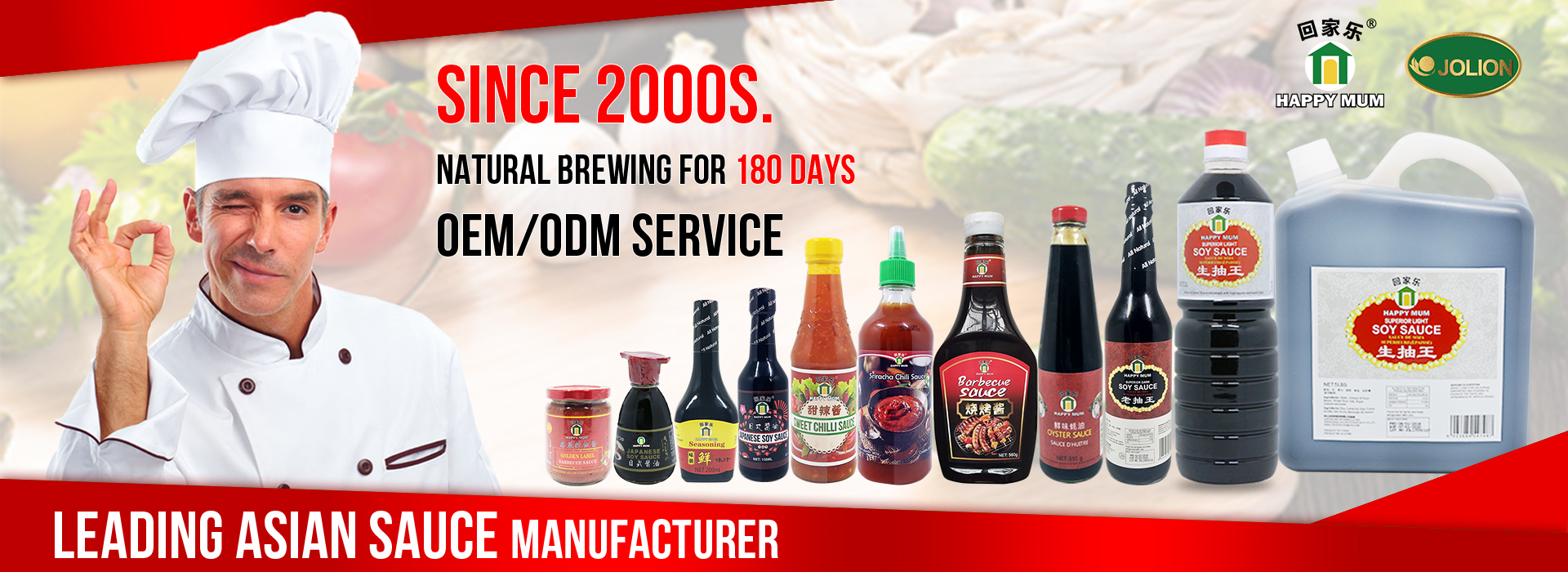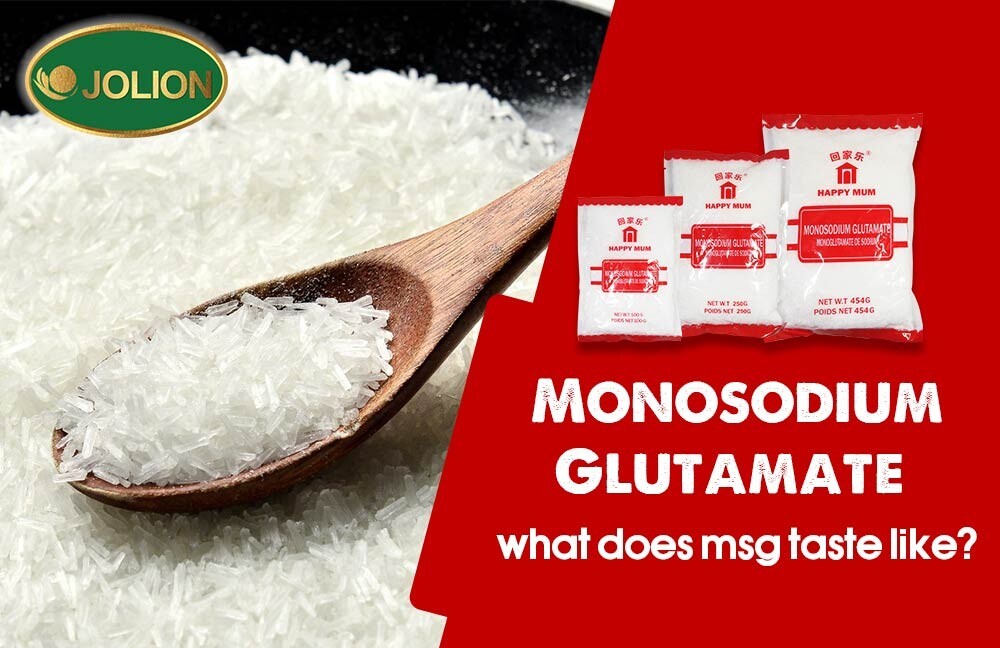
- Canned Food Market in 2026 and Beyond: A Complete Business Guide2026-01-20
- How Long Do Ramen Noodles Last?2026-01-20
- Discovering Chilli Oil Beef Noodles: A Culinary Delight2025-11-20Chilli oil beef noodles are a beloved dish that combines the rich flavors of tender beef, aromatic spices, and the unique kick of chilli oil.
what does msg taste like
MSG, also known as monosodium glutamate, is a widely debated food additive that has sparked curiosity and concern among consumers. Many wonder about the taste of MSG and whether it enhances or alters the flavor of food. So, what does MSG taste like?
MSG is a flavor enhancer commonly used in Asian cuisine and processed foods to boost the savory taste known as umami. Umami is the fifth basic taste alongside sweet, sour, salty, and bitter. When added to dishes, MSG intensifies the natural flavors present, making them more robust and satisfying to the palate.
Contrary to popular belief, MSG itself is virtually tasteless. It does not have a distinct flavor but rather works behind the scenes to elevate the overall taste of a dish. When used in moderation, MSG can enhance the savory notes of food without overpowering other flavors.
One common misconception about MSG is its association with negative side effects such as headaches and allergic reactions. However, numerous scientific studies have debunked these myths, showing that MSG is safe for the majority of people when consumed in normal amounts.
In conclusion, the taste of MSG is subtle and imperceptible on its own. When used judiciously, MSG can enrich the flavors of dishes, creating a more enjoyable dining experience. So, the next time you savor a dish seasoned with MSG, remember that its role is to enhance the natural flavors of the ingredients, not to dominate them.
When you taste MSG by itself, it might not be very distinctive, but in food, it can make dishes taste more rich and full-bodied. The effect of MSG is most noticeable when it's added to foods that already have some naturally occurring glutamates, such as meats, tomatoes, and cheeses.
It's important to note that while MSG is generally recognized as safe by various health authorities, some people report sensitivity to it and may experience symptoms like flushing, sweating, or headaches after consuming it. However, scientific evidence for these reactions is limited, and they are not common among the general population.
Monosodium glutamate (MSG) is a flavor enhancer commonly used in many types of food to enhance their savory taste. The taste of MSG is primarily associated with the sensation known as umami, which is often described as a "meaty," "brothy," or "savory" taste. Here's a detailed description of the taste:
Umami Taste:
- Savory: MSG is known for enhancing the natural savory flavors in foods, making them taste richer and more satisfying.
- Meaty: It can give a meaty or broth-like quality to dishes, even if they don't contain meat.
- Brothy: Similar to the taste of broth or stock, MSG can provide a depth of flavor that makes foods taste more substantial.
- Complex: The umami flavor of MSG can add complexity to dishes, making simple ingredients taste more flavorful and complete.
Other Sensations:
- Rounded: MSG can help to round out the taste profile of a dish, making it less one-dimensional.
- Mouthfeel: Some people describe a slight mouth-coating sensation or a mild tingling on the tongue.
- Long-lasting: The umami taste tends to linger, creating a longer-lasting flavor experience compared to other basic tastes.
Interaction with Other Flavors:
- Synergy with Sodium: MSG works well with other salts, enhancing the overall savory taste without necessarily increasing the saltiness.
- Enhancement of Natural Flavors: It can boost the natural flavors in foods, especially those that are rich in glutamates, like tomatoes, cheese, and mushrooms.
- Balance: It can balance out other flavors, such as sweetness or bitterness, creating a more harmonious taste profile.
Individual Experience:
- Subjective: The perception of MSG's taste can vary from person to person, as individual taste preferences and sensitivities differ.
- Cultural Influence: Different cultures and cuisines use MSG in varying amounts, which can influence how the taste is perceived.
Contextual Factors:
- Food Pairings: The taste of MSG can be more pronounced in certain types of food, such as stir-fries, soups, and sauces.
- Cooking Methods: Cooking methods can affect the taste of MSG, as heat can change its flavor profile.
Overall, the taste of MSG is best appreciated in the context of a dish rather than tasted in isolation. When used in moderation, it can significantly enhance the overall flavor and enjoyment of a meal.

Why Choose JOLION Food MSG?
Quality Assured: JOLION Food MSG is manufactured under strict quality control standards and is certified safe for consumption.
Flavor Enhancement: Bring out the best in your soups, stews, marinades, and sauces with our MSG, adding depth and richness to every bite.
Versatile Use: Perfect for all cuisines, from Asian to Western, our MSG can elevate the flavors of any dish.
Convenient Packaging: Our MSG comes in easy-to-use containers that keep it fresh and ready for use.
Bulk Pricing: Take advantage of our bulk purchase options for commercial kitchens at unbeatable prices.
Experience the difference in flavor with JOLION Food MSG. Contact us now to place your order or visit our website for more information.
Related News
- 2026-01-20Canned Food Market in 2026 and Beyond: A Complete Business Guide
- 2026-01-20How Long Do Ramen Noodles Last?
- 2025-11-20Discovering Chilli Oil Beef Noodles: A Culinary Delight
- 2025-11-19Understanding the Caloric Content of Chilli Oil
- 2025-11-18Discovering Chilli Oil with Garlic: A Versatile Culinary Delight
- 2025-11-17Discover the Excellence of Steamed Fish Soy Sauce
Start Your Seasoning Sauce Business by a Free Quote
GET FREE QUOTES
If you are interested in our services, let's have a try on the first project
